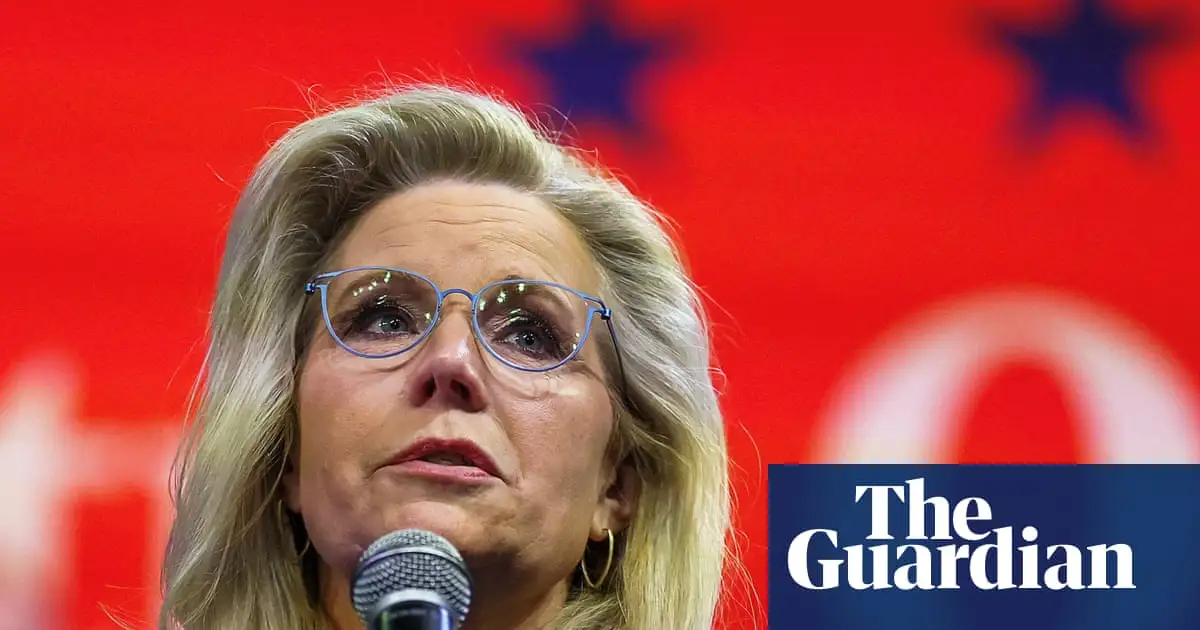The former Wyoming congresswoman Liz Cheney “hopes to be able to rebuild” the Republican party after Donald Trump leaves the political stage. Mitt Romney, the retiring Utah senator and former presidential nominee, reportedly hopes so too.
Among other prominent Republicans who refuse to bow the knee, the former Maryland governor Larry Hogan is running for a US Senate seat in a party led by Trump but insists he can be part of a post-Trump GOP.
Michael Steele, the former Republican National Committee chair turned MSNBC host, advocated more dramatic action: “We have to blow this crazy-ass party up and have it regain its senses, or something else will be born out of it. There are only two options here. Hogan will be a key player in whatever happens. Liz Cheney, [former congressmen] Adam Kinzinger and Joe Walsh – all of us who have been pushed aside and fortunately were not infected with Maga, we will have something to say about what happens on 6 November.”



A lot has shifted over time, but the default state of American politics has always been two dominant parties.
That said, I could absolutely see a scenario where an American centrist party forms, still solidly to the right of most Western democracy, but centrist by current local standards, which not only pulls in the non-MAGA Republicans but also moderate Democrats, blue collar Dems from purple states, and once it gains traction and wins a few races, massive support from corporations and lobbies.
They’d win landslide victories over both older parties, especially as progressives and leftists gained greater control of the Democratic party through the flight of the moderates to the new centrist party, which would in turn drive even more establishment Dems to the new party.
They could run on nothing more than “common sense compromise, unity, and moving beyond the partisan squabbling that has plagued the country for decades”, and be successful for at least 3 cycles before they even had to really take up any issues in earnest.
The deep South would stay red, the West cost, new York, and Illinois would stay blue, but I could see all of the mid Atlantic, Midwest, plains states, new England, and Southwest going for a viable centrist party.
For a long few years, national level politics would be absolute fucking chaos.
I’m not sure about New England. New Hampshire and Maine such a party would probably work in, but I am doubtful of any of the rest. MA and VT are two of the most left-leaning states in the country.
Fair point
The current governor of Vermont is a Republican. Vermont tends to vote for the person rather than the party.
And MA has also had Republican governors in recent history, yet both are always among the highest % voting Democratic in presidential/congressional elections with Democratic supermajorities in their state houses.
Governors in New England are often a weird exception and are sometimes linked to poor turnout. That does not mean either state would have more of an appetite for a centrist party. Such a party would probably take more Republican votes than Democratic.